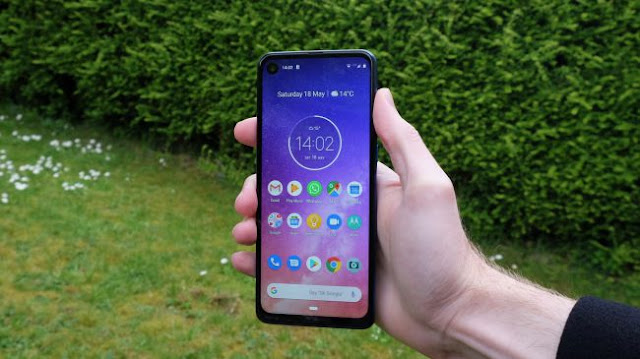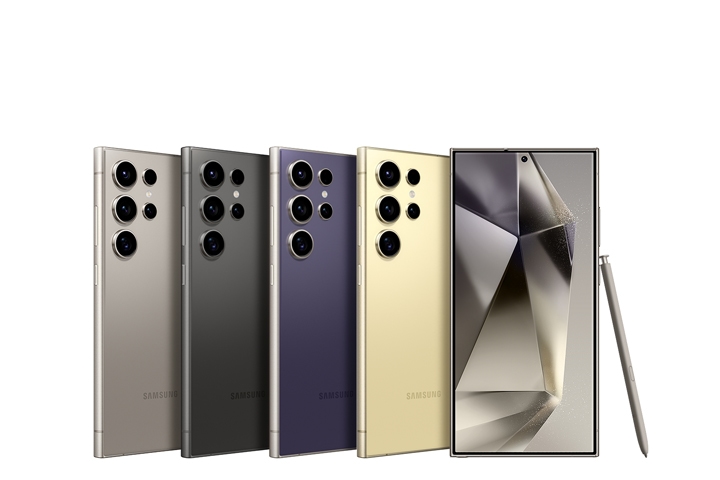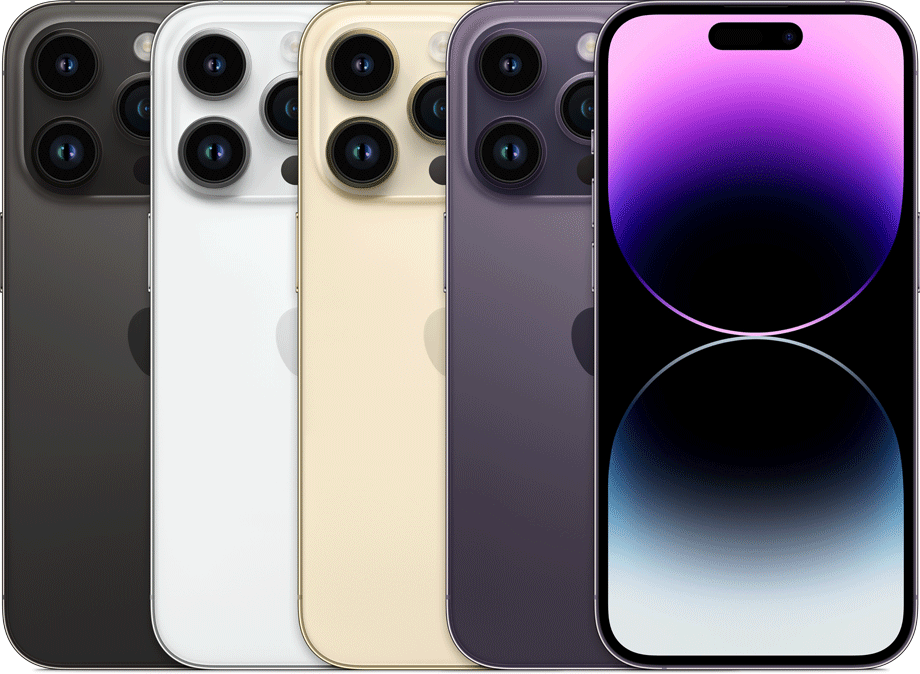Moto One Vision Review: Has a lot going for it, but may lose out to competition
New Delhi In a market overpowered by Chinese telephone producers, Lenovo-claimed Motorola has figured out how to discover snapshots of magnificence. In the wake of awing with the huge battery Moto One Power, they have now propelled the convenient Moto One Vision.
Its key takeaway is the tight plan, eye-getting hues and the punch gap on the screen. Estimated at ₹19,999, the One Vision is accessible in a solitary 4GB RAM+128GB stockpiling variation. Nonetheless, for plan fans there are two shading alternatives — a bronze slope and a sapphire angle.
The telephone has been intended to fit all hands. It is simply 71.2mm wide, which makes taking care of it exceptionally helpful. Notwithstanding, because of the tall plan getting to components over the screen, including the volume catches, with one hand won’t be simple. We needed to move the telephone consistently to completes things.
The glass back completion adds to the hues and generally looks. At 180g, the One Vision, is neither too light nor excessively substantial and is on a standard with key opponents like Xiaomi’s Redmi Note 7 Pro (186g), which additionally has glass back plan.
The punch gap configuration is the new craze in the financial limit and mid-fragment and Moto One Vision is one of only a handful couple of telephones to grasp it before others. It mixes better with the screen and looks more intelligent than the score or tear plan. The Redmi Note 7 Pro has a tear structure.
The 6.3-inch show looks as large and sharp as the Redmi Note 7 Pro with a goals of 2,520×1,080 and more extensive than common viewpoint proportion of 21:9. Content on the screen looks vivid without inclination extended. While the presentation on the Moto One Vision looks sharp, hues looked somewhat increasingly energetic on the Redmi Note 7 Pro.
Moto One Vision is one of the first non-Samsung cell phones to be driven by the Exynos processor. It utilizes the Exynos 9609, which scored 1,49,141 on Antutu the benchmark, while any semblance of Redmi Note 7 Pro, which keeps running on Qualcomm Snapdragon 675, outperformed it with a score of 1,79,675.
Be that as it may, we didn’t locate any significant effect on the telephone’s everyday working. It took care of online networking applications and recreations like Asphalt 9 without inclination drowsy or warming up. With 128GB capacity ready, clients won’t need to stress over space for disconnected music or high goals photographs that its double cameras can catch.
For clients who depend widely on their telephones, Moto One Vision’s 3,500mAh battery is a blended sack, enduring about an entire work day, best case scenario. The Redmi Note 7 ace with its 4,000 mAh battery kept going a few hours more.
Consistent with the Moto convention, it runs stock Android with every one of the fancy odds and ends of Android 9. Other than including the typical Moto motions and couple of help applications, Moto hasn’t made any augmentations of its own.
There is a ton going for the camera buffs. On the back there is a 48-megapixel camera that consolidates 4 pixels into one enormous 1.6µm pixel to offer more keen looking pictures. It is joined by a 5-megapixel profundity camera with the choice to modify profundity while taking picture shots. The 25-megapixel snapper on the front is sufficient for web based life posts.
The back camera on the Moto One Power underpins OIS (optical picture adjustment) and had the option to pull in as much detail as the Redmi Note 7 Pro’s 48 megapixel camera in both outside and indoor shots. Be that as it may, hues look somewhat better on the Redmi Note 7 Pro.
The Moto One Power has an amazing Night Vision mode that can illuminate your low light shots without making them watch also washed out.
Moto One Power is facing some genuine challenge, especially the Redmi Note 7 Pro. In the event that the previous inspires with its plan and swell free interface, the last keeps running on an all the more dominant processor with up to 6GB RAM in the higher variation and at ₹16,999 (6GB+128GB), it is less expensive as well.
| LAUNCH | |
|---|---|
| Announced | 2019, May |
| Status | Available. Released 2019, May |
| BODY | |
|---|---|
| Dimensions | 160.1 x 71.2 x 8.7 mm (6.30 x 2.80 x 0.34 in) |
| Weight | 180 g (6.35 oz) |
| Build | Front/back glass, plastic frame |
| SIM | Single SIM (Nano-SIM) or Hybrid Dual SIM (Nano-SIM, dual stand-by) |
| Splash resistant | |
| DISPLAY | |
|---|---|
| Type | LTPS IPS LCD capacitive touchscreen, 16M colors |
| Size | 6.3 inches, 94.0 cm2 (~82.5% screen-to-body ratio) |
| Resolution | 1080 x 2520 pixels, 21:9 ratio (~432 ppi density) |
| Protection | Corning Gorilla Glass (unspecified version) |
| PLATFORM | |
|---|---|
| OS | Android 9.0 (Pie); Android One |
| Chipset | Exynos 9609 |
| CPU | Octa-core 2.2 GHz |
| GPU | Mali-G72 MP3 |
| MEMORY | |
|---|---|
| Card slot | microSD, up to 1 TB (uses shared SIM slot) |
| Internal | 128 GB, 4 GB RAM |
| MAIN CAMERA | |
|---|---|
| Dual | 48 MP, f/1.7, (wide), 1/2″, 0.8µm, PDAF, OIS 5 MP, f/2.2, depth sensor |
| Features | Dual-LED dual-tone flash, HDR, panorama |
| Video | 2160p@30fps, 1080p@30/60fps |
| SELFIE CAMERA | |
|---|---|
| Single | 25 MP, f/2.0, 0.9µm |
| Video | 1080p@30fps |
| SOUND | |
|---|---|
| Loudspeaker | Yes |
| 3.5mm jack | Yes |
| Active noise cancellation with dedicated mic Dolby Audio sound |
|
| COMMS | |
|---|---|
| WLAN | Wi-Fi 802.11 a/b/g/n/ac, dual-band, Wi-Fi Direct, hotspot |
| Bluetooth | 5.0, A2DP, LE, EDR |
| GPS | Yes, with A-GPS, GLONASS, GALILEO, BDS |
| NFC | Yes |
| Radio | FM radio |
| USB | 2.0, Type-C 1.0 reversible connector, USB On-The-Go |
| FEATURES | |
|---|---|
| Sensors | Fingerprint (rear-mounted), accelerometer, gyro, proximity, compass |
| Messaging | SMS(threaded view), MMS, Email, Push Email, IM |
| Browser | HTML5 |
| BATTERY | |
|---|---|
| Non-removable Li-Po 3500 mAh battery | |
| Charging | Fast battery charging 15W |
| MISC | |
|---|---|
| Colors | Bronze gradient, Sapphire gradient |
| Models | XT1970-1 |
| Price | About 300 EUR |
| TESTS | |
|---|---|
| Performance | Basemark OS II: 2482 / Basemark OS II 2.0: 2370 Basemark X: 21565 |
| Display | Contrast ratio: 1190:1 (nominal) |
| Camera | Photo / Video |
| Loudspeaker | Voice 73dB / Noise 71dB / Ring 85dB |
| Battery life | Endurance rating 67h |

Penggiat literasi digital, WordPress dan Blogger
website: alber.id , andesko.com , upbussines.com , pituluik.com










